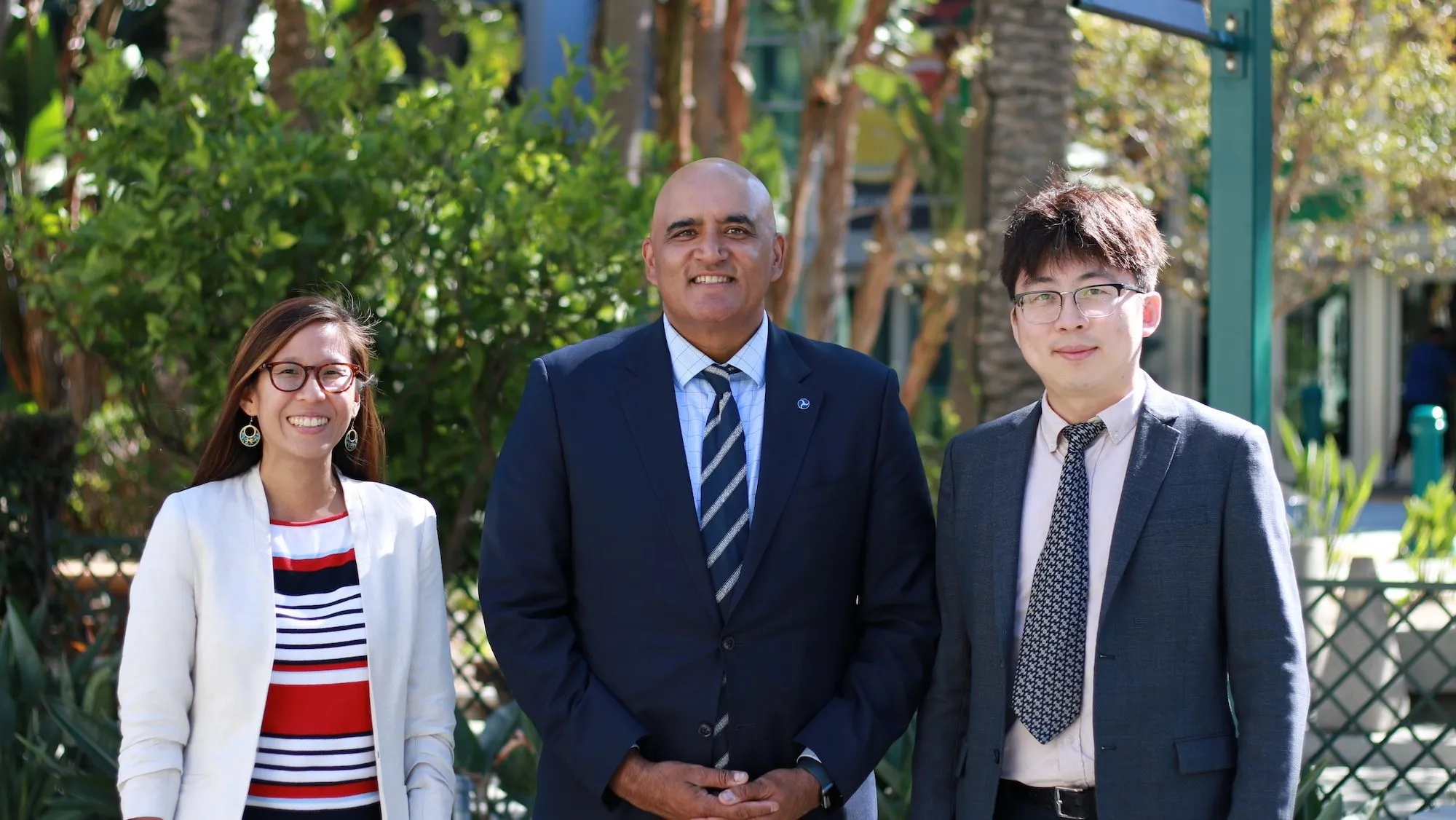The company says its mode of transport can transport people and goods three times as fast as high-speed rail.
Jay Walder, CEO of Virgin Hyperloop One, says: “We are now seeing the groundswell of support that’s needed to realise the hyperloop revolution with the formation of the NETT Council and support from lawmakers across the world.”
The NETT (Non-Traditional and Emerging Transportation Technology) Council is seeking to develop processes, solutions and best practices to identify and manage non-traditional and emerging transportation technologies. It is also aiming to conduct research to better understand safety and regulatory needs.
Virgin Hyperloop One has been working with the Directorate-General for Mobility and Transport in Europe and the Consultative Group on Future Transportation – the office of the principal scientific advisor for the government of India – to prepare a regulatory framework.
Virgin founder Sir Richard Branson says: “We are seeing growing interest and excitement in the hyperloop vision from across the US, Europe, and India at both the local and federal level.”
This summer, Virgin Hyperloop One is to showcase its XP-1 vehicle at a US roadshow which visits Columbus, Dallas, St. Louis and Kansas City. The company will use these events to educate local and state governments on the benefits of the technology.
Virgin Hyperloop One goes to Washington
Virgin Hyperloop One showcased its technology to members of Congress and federal stakeholders at an event on Capitol Hill in Washington, DC.
The company says its mode of transport can transport people and goods three times as fast as high-speed rail.
Jay Walder, CEO of Virgin Hyperloop One, says: “We are now seeing the groundswell of support that’s needed to realise the hyperloop revolution with the formation of the NETT Council and support from lawmakers across the world.”
The NETT (Non-Traditiona
July 1, 2019
Read time: 2 mins
Virgin 8535 Hyperloop One showcased its technology to members of Congress and federal stakeholders at an event on Capitol Hill in Washington, DC.









